Alex Duncan
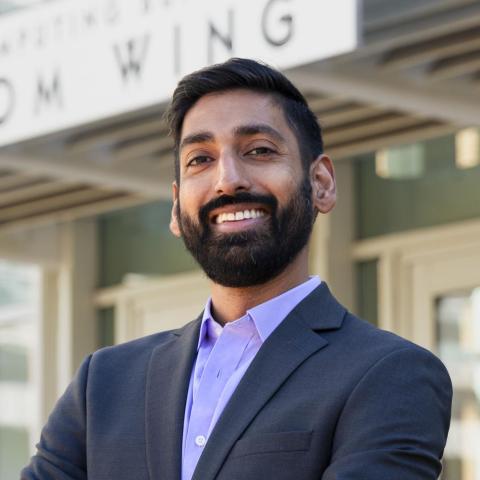

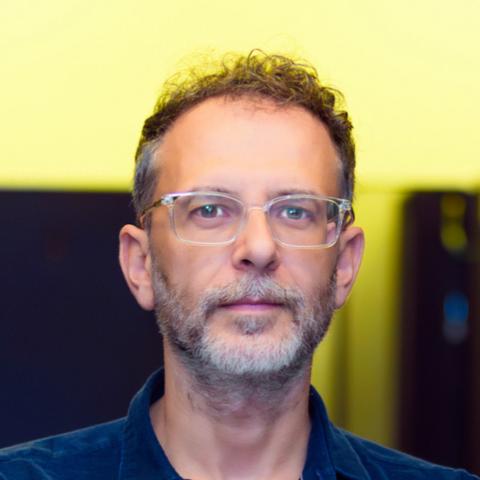
Alberto Dainotti is an Associate Professor in the School of Computer Science at the College of Computing at Georgia Tech where is the Director of the Internet Intelligence Lab. His research is at the intersection of Internet measurement, data science and cybersecurity. He is interested in understanding when and how Internet infrastructure can fail and proposing remedies. To this end, he develops methods and builds near-real-time streaming data analytics systems (IODA, BGPStream, GRIP) that combine diverse data to monitor and improve Internet infrastructure security and reliability. He is also interested in understanding political motivations and implications of Internet cybersecurity events and phenomena. Before joining Georgia Tech, he was an Associate Research Scientist and Principal Investigator at CAIDA, the Center for Applied Internet Data Analysis at the San Diego Supercomputer Center, University of California San Diego. He received my Ph.D. in Computer Engineering and Systems at University of Napoli "Federico II", Italy, in 2008.
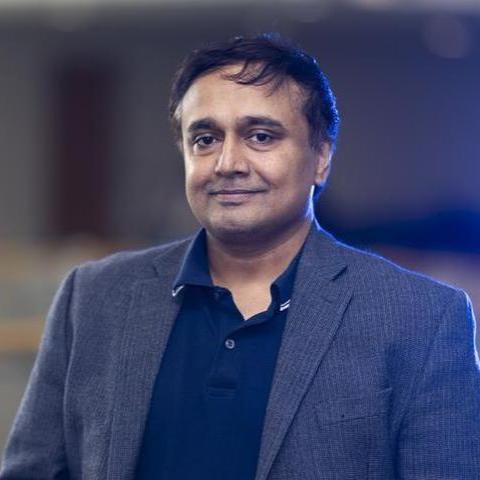
Dr. Vijay Ganesh is a professor of computer science at the Georgia Institute of Technology. Prior to joining Georgia Tech in 2023, Vijay was a professor at the University of Waterloo in Canada from 2012 to 2023 and a research scientist at the Massachusetts Institute of Technology from 2007 to 2012. Vijay completed his PhD in computer science from Stanford University in 2007. Vijay's primary area of research is the theory and practice of SAT/SMT solvers, and their application in AI, software engineering, security, mathematics, and physics. In this context he has led the development of many SAT/SMT solvers, most notably, STP, Z3str4, AlphaZ3, MapleSAT, and MathCheck. He has also proved several decidability and complexity results in the context of first-order theories. More recently he has started working on topics at the intersection of learning and reasoning, especially the use of machine learning for efficient solvers, and the use of solvers aimed at making AI more trustworthy, secure, and robust. For his research, Vijay has won over 30 awards, honors, and medals to-date, including an ACM Impact Paper Award at ISSTA 2019, ACM Test of Time Award at CCS 2016, and a Ten-Year Most Influential Paper citation at DATE 2008.
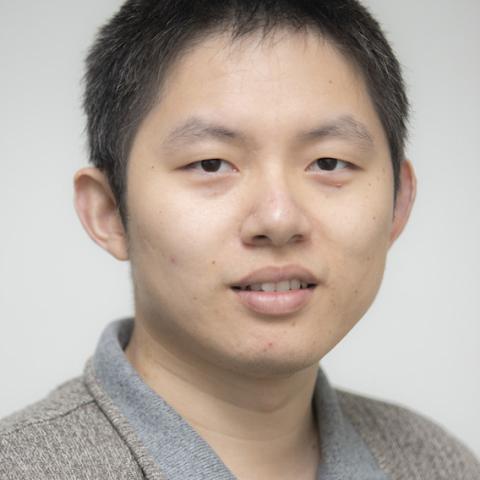
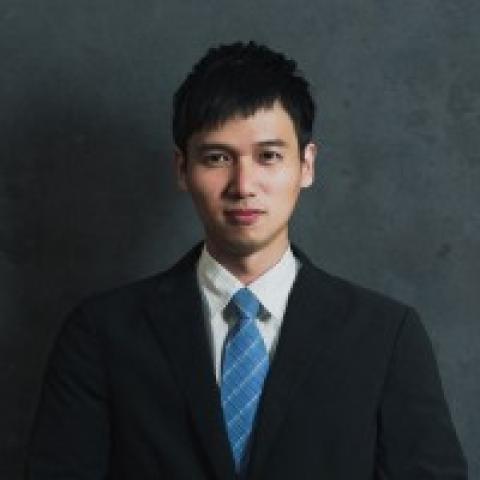
Kai Wang recently attained his Ph.D. in Computer Science at Harvard University where he was advised by Professor Milind Tambe. His research interests include multi-agent systems, computational game theory, machine learning and optimization, and their applications in public health and conservation. One of Wang's key technical contributions includes decision-focused learning, which integrates machine learning and optimization to strengthen learning performance; with his algorithms currently deployed assisting a non-profit in India focused on improving maternal and child health. He is the recipient of the Siebel Scholars award and the best paper runner-up award at AAAI 2021.
AI for Social ImpactData-Driven Decision MakingMulti-Agent SystemsOptimization
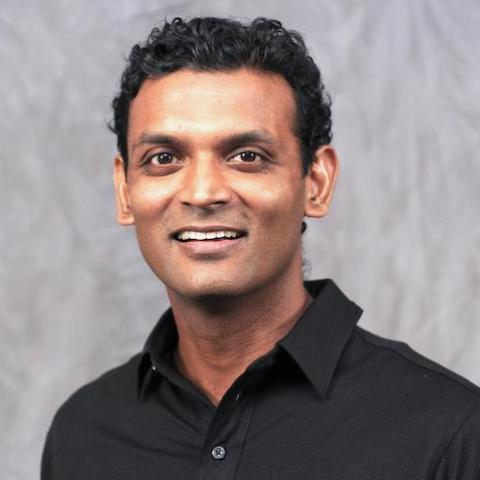
Santosh Vempala is a prominent computer scientist. He is a Distinguished Professor of Computer Science at the Georgia Institute of Technology. His main work has been in the area of Theoretical Computer Science.
Vempala secured B.Tech. degree in Computer Science and Engineering from Indian Institute of Technology, Delhi, in 1992 then he attended Carnegie Mellon University, where he received his Ph.D. in 1997 under professor Avrim Blum.
In 1997, he was awarded a Miller Fellowship at Berkeley. Subsequently, he was a professor at MIT in the Mathematics Department, until he moved to Georgia Tech in 2006.
His main work has been in the area of theoretical computer science, with particular activity in the fields of algorithms, randomized algorithms, computational geometry, and computational learning theory, including the authorship of books on random projection and spectral methods.
In 2008, he co-founded the Computing for Good (C4G) program at Georgia Tech.
Vempala has received numerous awards, including a Guggenheim Fellowship, Sloan Fellowship, and being listed in Georgia Trend's 40 under 40.[5] He was named Fellow of ACM "For contributions to algorithms for convex sets and probability distributions" in 2015.[6] He was named a Fellow of the American Mathematical Society, in the 2022 class of fellows, "for contributions to randomized algorithms, high-dimensional geometry, and numerical linear algebra, and service to the profession".
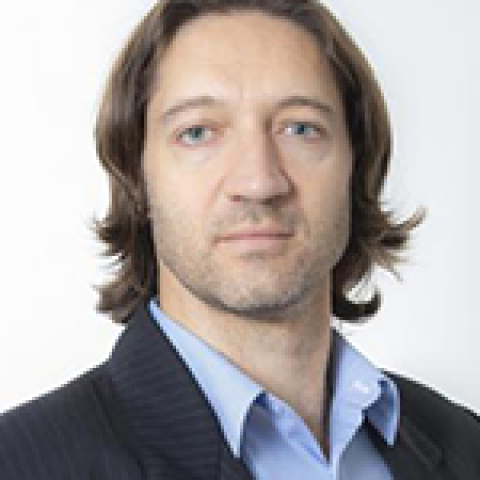
I've started as a tenure-track Assistant Professor in the School of Computer Science at Georgia Tech in August 2019, transitioning from my postdoc at the University of California Berkeley, where I worked with Ion Stoica and collaborated closely with Joseph Gonzalez. I completed my Ph.D. at Carnegie Mellon University, advised by Gregory Ganger. At Carnegie Mellon, I was honored by the prestigious NSERC Alexander Graham Bell Canada Graduate Scholarship (NSERC CGS-D3) and partially funded by the Intel Science and Technology Centre for Cloud Computing and Parallel Data Lab. Prior to Carnegie Mellon, I worked on agile stateful VM replication with para-virtualization at the University of Toronto, where I worked with Eyal de Lara and Michael Brudno. My interest in cloud computing, datacenter operating systems, and programming the cloud brought me to the University of Toronto from industry, where I had been developing cluster middleware for distributed datacenter resource management.
Systems for MLResource ManagementScheduling

Vivek Sarkar is Chair of the School of Computer Science at Georgia Tech, where he is also the Stephen Fleming Chair for Telecommunications in the College of Computing. He conducts research in multiple aspects of parallel computing software including programming languages, compilers, runtime systems, and debuggers for parallel, heterogeneous and high-performance computer systems. Prof. Sarkar currently leads the Habanero Extreme Scale Software Research Laboratory at Georgia Tech, and is co-director of the Center for Research into Novel Computing Hierarchies (CRNCH). He is also the instructor for a 3-course online specialization on Parallel, Concurrent, and Distributed Programming hosted on Coursera.
Prior to joining Georgia Tech in 2017, Prof. Sarkar was the E.D. Butcher Chair in Engineering at Rice University, where he created the Habanero Lab, served as Chair of the Department of Computer Science during 2013–2016, and created a sophomore-level undergraduate course on Fundamentals of Parallel Programming. Before joining Rice in 2007, Sarkar was Senior Manager of Programming Technologies at IBM Research. His research projects at IBM included the X10 programming language, the Jikes Research Virtual Machine for the Java language, the ASTI optimizer used in IBM’s XL Fortran product compilers, and the PTRAN automatic parallelization system. Sarkar became a member of the IBM Academy of Technology in 1995, and was inducted as an ACM Fellow in 2008. He has been serving as a member of the US Department of Energy’s Advanced Scientific Computing Advisory Committee (ASCAC) since 2009, and on CRA’s Board of Directors since 2015.
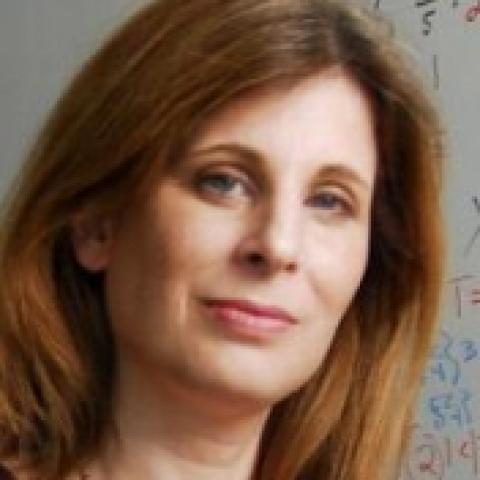
Dana Randall is an American computer scientist. She works as the ADVANCE Professor of Computing, and adjunct professor of mathematics at the Georgia Institute of Technology. She is also an External Professor of the Santa Fe Institute. Previously she was executive director of the Georgia Tech Institute of Data Engineering and Science (IDEaS) that she co-founded, and director of the Algorithms and Randomness Center. Her research include combinatorics, computational aspects of statistical mechanics, Monte Carlo stimulation of Markov chains, and randomized algorithms.

Moinuddin Qureshi is a Professor of Computer Science at Georgia Tech. His research interests include computer architecture, memory systems, hardware security, and quantum computing. Previously, he was a research staff member (2007-2011) at IBM T.J. Watson Research Center, where he developed the caching algorithms for Power-7 processors. He is a member of the Hall of Fame for ISCA, MICRO, and HPCA. His research has been recognized with the best paper award at MICRO 2018, best paper award at HiPC 2014, and two awards (and three honorable mentions) at IEEE MICRO Top Picks. His ISCA 2009 paper on Phase Change Memory was awarded the 2019 Persistent Impact Prize in recognition of “exceptional impact on the fields of study related to non-volatile memories”. He was the Program Chair of MICRO 2015 and Selection Committee Co-Chair of Top Picks 2017. He received his Ph.D. (2007) and M.S. (2003) from the University of Texas at Austin.